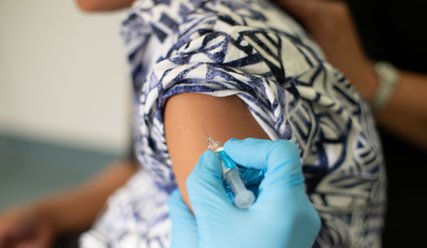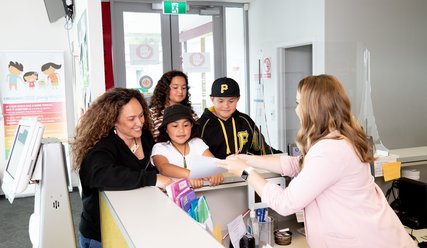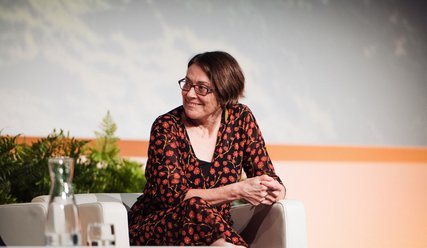Serious changes needed to achieve transformative change for Pasifika peoples
Debbie Ryan’s presentation during GP22: the Conference for General Practice was so popular that the walls were lined with people opting to sit on the floor to hear Debbie’s suggestions for change that is so desperately needed by the Pasifika community.
Debbie Ryan is the principal of Pacific Perspectives, a policy and research consultancy focusing on health outcomes for Pacific Peoples. She has spent over 20 years working to overcome inequities for Pasifika communities in Aotearoa.
“We’re living in exciting times with the establishment of Te Aka Whai Ora,” Debbie says.
“Legislation is really important. The legislation last changed twenty years ago. This is the first time that Pasifika health has been put explicitly into law. Equity is one of the big issues that the health reforms is committed to addressing.”
“Health New Zealand has been working on a two-year plan, with detailed action to guide the whole health sector. The Pacific health plan is part of that.”
Part of achieving transformation of Pacific health is to allow the strength of the Pacific community to be front and centre of any reform. E fofo e le alamea le alamea – a quote suggesting that the cure is often found within. Debbie points to the community response to the Mangere church COVID-19 outbreak; “controlling the Delta outbreak was world class community action. All the community networks and strengths worked to get the outbreak under control.”
But transforming health outcomes for Pasifika Peoples requires action at every phase of care. “Pacific health inequities are observed throughout life course, from pregnancy and childhood through to adulthood and older age. There’s a six-year gap in life expectancy and, despite our efforts, this has not been closed.”
Debbie discusses the outcomes that plague Pacific peoples from the outset. “Only 40 percent of Pacific people are registered with a lead maternity carer (LMC) in the first trimester of pregnancy. 25 percent are still not registered after the first trimester. 26 percent of perinatal deaths in Pacific peoples are considered preventable.”
“The long-term conditions affecting Pasifika peoples include diabetes, gout, and cancer. No one should have these levels of uncontrolled gout. These are extremely high in the Pasifika community.”
Inequities, Debbie states, are suffered along the whole pathway of care for cancer patients, from exposure to risk factors through to screening, diagnosis, treatment, and palliative care. Debbie also noted a catastrophic drop in screening rates that we must address immediately.
Data tells us that of the 2000 reported measles cases during the 2019 epidemic, 40 percent was made up of Pacific children, who fell victim to the illness just a few months into the COVID pandemic.
“It is this Pacific community that continues to bear the brunt of infectious diseases.”
“It’s not enough to have data collected without a Pasifika lens to analyse. A framework for action that strengthens enablers for Pacific health and acts on Pasifika health priorities is needed.”


